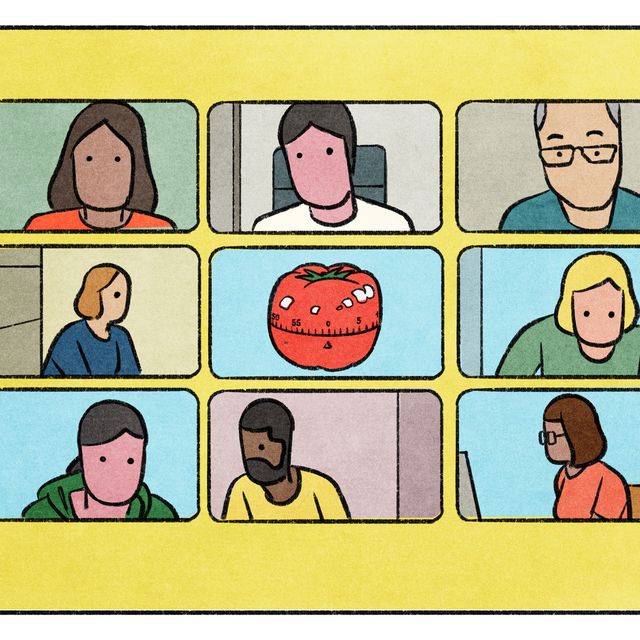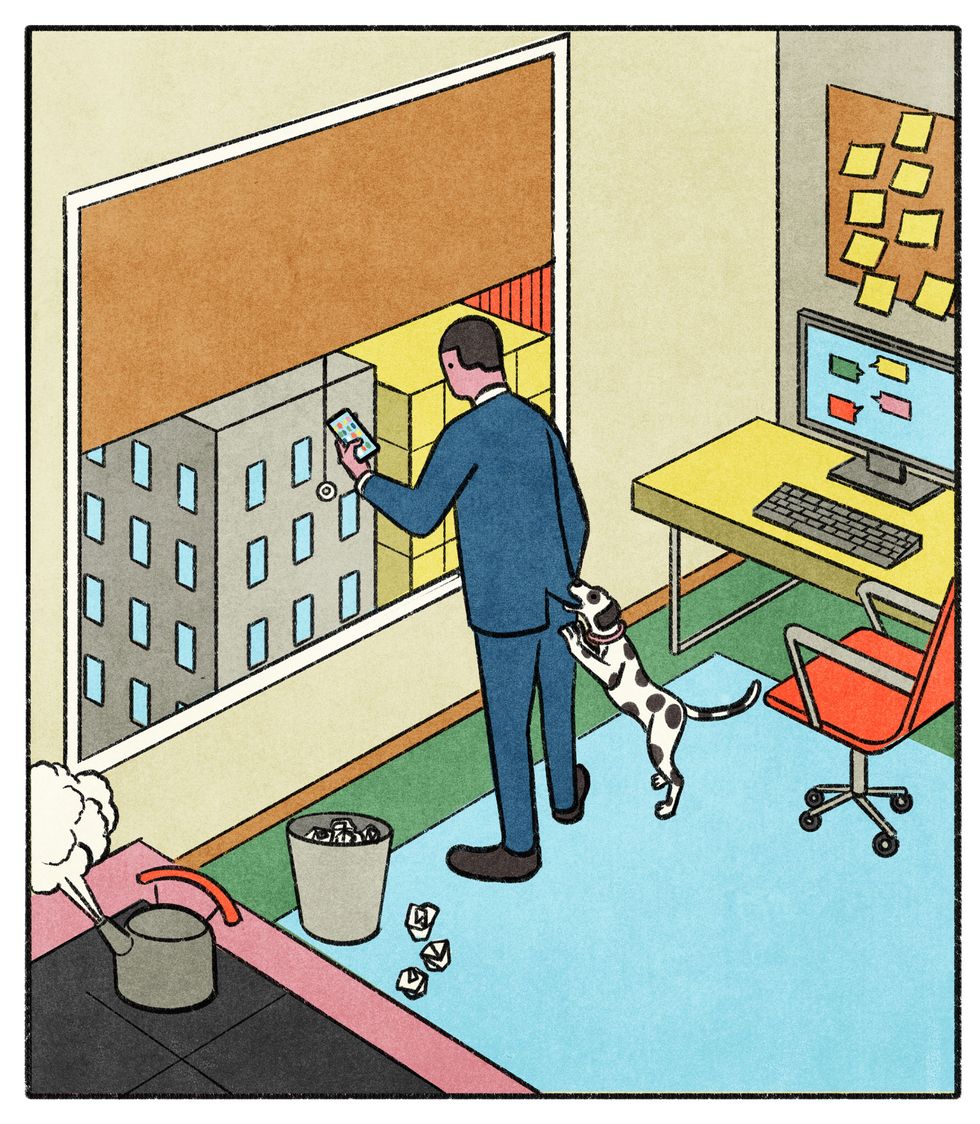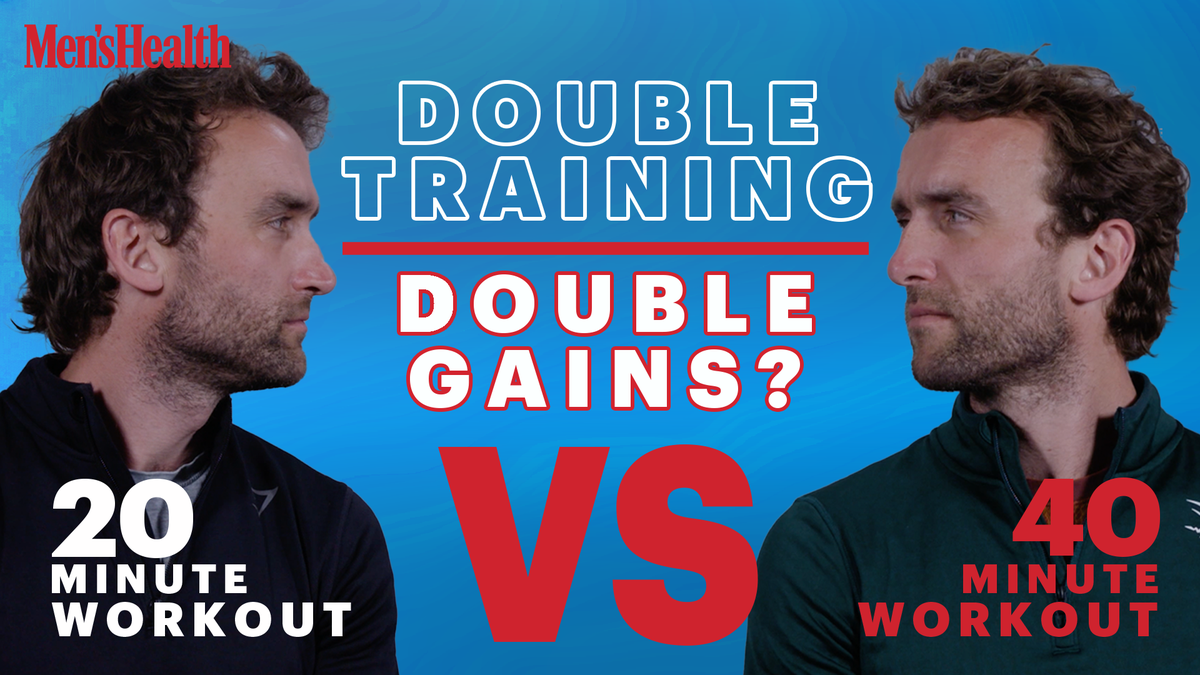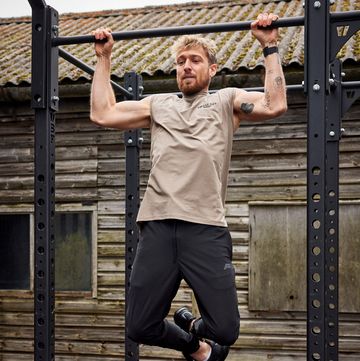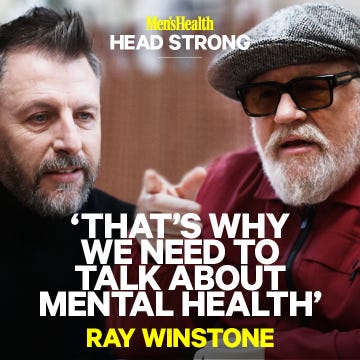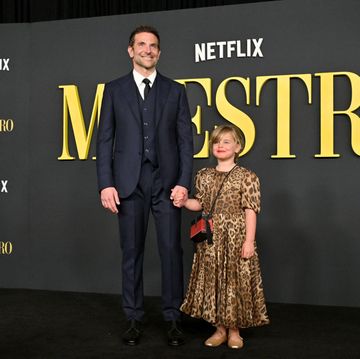The first rule of Flow Club is that you do not talk during the portions of its co-working sessions that are designated for ‘muted deep work’. But in the few minutes at the start, my host, a psychotherapist in Toronto – a long way from where I am in Stockton-on-Tees – prompts me and my fellow co-worker, a programmer in the Netherlands, to share our goals aloud.
I’ve deliberately thought up a goal that might sound impressive: ‘To read some scientific papers as research for the book I’m writing.’ So, I’m pleasantly surprised by my host’s more modest ambitions, including to ‘figure out his goals’ and ‘eat’. A latecomer from the Bay Area also eats on camera. But once immersed in my papers, I forget that my virtual co workers are even (not) there. Afterwards, I receive a congratulatory email with a thumbs-up GIF.
Flow Club aims to help its users blockout distractions and achieve ‘flow’, that exalted mental state in which you’re so focused that you lose track of time. A psychologist Mihaly Csikszentmihalyi writes in his 1990 book Flow, which popularised the term, ‘The best moments usually occur when a person’s body or mind is stretched to its limits in a voluntary effort to accomplish something difficult and worthwhile.’ The more we flow, his research found, the more satisfied we are with life; work, with its challenges and objectives, is ironically easier to enjoy than downtime.
Unfortunately, both our mental chatter and working environments can stand in the way of flow, which is easily interrupted. A video call with a gaggle of strangers might not sound like an obvious solution. However, the steady stream of virtual co-working platforms, such as FlowClub, Flown and Caveday, over the past few years would suggest the meeting of a genuine need. As would the similar trend for ‘body doubling’ or ‘parallel working’. Strange as watching strangers work online might sound, this new practice is, as business magazine Forbes recently reported, really just the old strategy of working alongside others that used to take place in an office but has now migrated to Zoom and TikTok, as the lurch to remote work ‘leaves many people struggling to concentrate’.
Users of virtual co-working platforms, who pay the equivalent of a monthly gym membership (Flow Club is about £30), also get accountability. ‘It’s like going to the gym by yourself versus going to a workout class,’ explains the Flow Club website. Partly inspired by boutique fitness, it seeks to provide an ‘energetic virtual environment... like working at a cafe’, but without having to take your laptop to the toilet.
Flow Club’s promise of ‘improving mental fitness’ is a strong sell to me, with the prospect of a book-writing ultra-focus-athon. My mental fitness, like my actual fitness, is not what it used to be: I’m pushing 40, attempting to work from a home also occupied by anywhere up to three young children, one with special needs. Distractions are ganging up.
In this attention economy, I sell my focus, or at least rent it out. And we’re in a serious attention crisis, according to journalist Johann Hari’s 2022 book Stolen Focus. The collapse of our collective ability to pay attention is, he writes, not due to personal failing, but ‘powerful forces’, not least Big Tech. With virtual co-working, I effectively now have to pay to get my focus back. The dizzying increase in the volume of information to which we’re exposed has, writes Hari, come at the cost of depth. Spend enough time being interrupted and you start to interrupt yourself. More optimistically, however, experts believe the brain is like a muscle – the more you practise concentration, the better you get at it.
Think of Flown as ‘Peloton for work’, founder Alicia Navarro tells me. ‘It turns a task into an event that you RSVP for, that you turn up for.’ I wonder whether attention has become not just a commodity, but a luxury. Hari’s book warns of a future where an ‘attention upper class’ are aware of and able to resist the forces of distraction, while those with fewer resources are manipulated.
Flown isn’t elitist, says Navarro, costing the same for a year as a night in a ‘cheap’ hotel. Flown was initially conceived as an Airbnb for workspaces, but Navarro didn’t want to create something only for rich people. With half its members reporting some type of neuroatypicality, mostly ADHD, Flown is available under the government’s Access to Work scheme, which supports those with a disability or physical or mental health condition. Friday ‘Flocks’ are free.
Navarro’s goal is to build a Headspace or Calm, but for deep work and flow, which she sees as ‘the new mindfulness’ poised to hit the mainstream. More organisations are implementing focus strategies, such as no-meeting Fridays. My first two-hour Flock feels like a virtual conference. The host splits the 30-odd attendees into breakout rooms to share our goals and ‘what courage means to us’; in the half-time interval, she invites us to draw our courage. Stumped, I draw Spider-Man.
Flown was inspired by computer science professor Cal Newport’s 2016 book Deep Work. He describes deep work as, ‘Professional activities performed in a state of distraction-free concentration that push your cognitive capabilities to their limit’ – and it’s becoming increasingly rare and valuable. Knowledge workers are drowning in ‘shallow’ work, instead: studies show they stay on task for all of three minutes. The few workers who cultivate the habit of going deep will, Professor Newport writes, thrive as digital technology revolutionises the labour market.
I became a freelance features writer the best part of a decade ago, partly to flee the distractions of the office – and this was before Slack. I quickly realised that working from home, like working out from home, was convenient but not always easy or enjoyable. I’ve used co-workspaces before, but now I rely on a low-cost strategy of making a cup of coffee and listening to the same music on repeat. Do I really need anyone’s help to work? I do this for a living.
As Flow Club co-founder Ricky Yean tells me, there’s some ego – and vulnerability – involved in exploring new ways to work. ‘No one wants to think they could be more accountable.’ Even with whole mornings and afternoons free on my calendar, I’m surprised at how hard I find it to log co-working sessions. More than one is interrupted by my wife asking me to hold the baby, but my co-workers don’t seem to react, presumably because they’re so focused.
My struggle to schedule sessions is partly because they clash with other commitments, or are fully booked. But it’s also, I suspect, because not as much of my day is spent as productively as I imagined. Flown recommends booking sessions ahead of time by a week
or more, but I’m not that organised. I begin to devalue deep work outside of sessions: if I focus and no one’s around to see, does it count?
Helpfully, Flown’s Drop-In is an all-day unfacilitated silent room where I can see other people working and receive encouraging biceps emojis. Flow Club’s Lounge is basically a pomodoro timer: 25minutes’ work, five minutes’ break. Caveday’s Solo Cave is a video with the words, ‘You are inside the cave.’ It’s all faintly contrived and a bit silly, often self-consciously, but it works. My mental fitness has improved.
I suspected virtual co-working might be performative virtual presenteeism; hustle-culture cam porn. Instead, I see people struggling to get things done, sometimes still in their dressing gown, interrupted by their cat. It’s more comforting, and inspiring, than it might sound: I’m plugging away alone at my laptop in a messy room with varying success, but I’m not alone.
Virtual co-working is partly about not working: a clearer divide between work and free time now that so many of us effectively live at the office, and an easy way to a portion your time. I’m surprised, constantly, by how many users employ sessions to do things unrelated to work: ‘exercise’, ‘play the guitar’, ‘fix bedding’. While flow and deep work are related, they’re not synonymous; you can find flow washing the dishes.
Although I’m impressed most by the breadth of Flown’s offering and wordplay, Flow Club has more session times and lengths that work for me –in particular, the 1.30pm slot hosted by Dave, a laid-back East Coast engineer. After one session in which my stated goal was to write this story, he asks me how I got on with a pitch for another story I’d written in a session the week before. I feel part of something real.

Jamie Millar is a freelance journalist and regular Men’s Health contributor, writing about style, grooming, fitness and culture. Follow @mrjamiemillar
